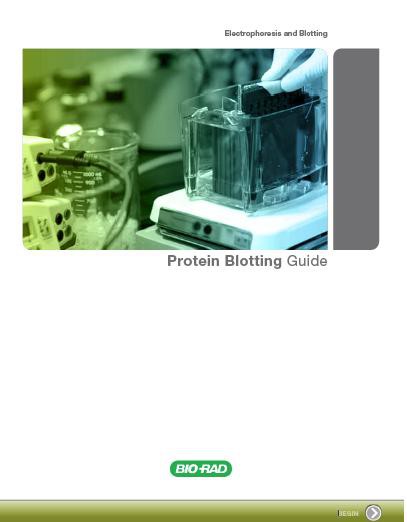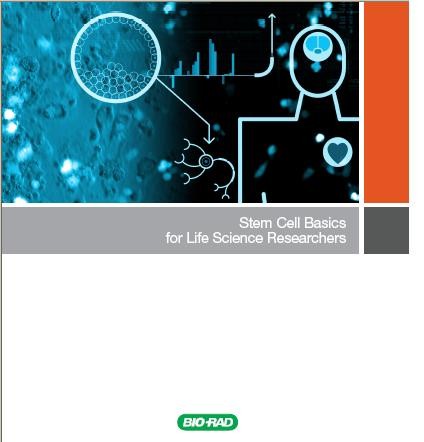After failing to enact legislation on the 2014 fiscal budget, the US government shutdown and furloughed approximately 800,000 federal workers. For seventeen nerve-racking days in October, (October 1-17), many routine government services were closed, costing the economy a whopping $24 Billion dollars. While the shutdown affected many public services and universities, it had a particularly crippling effect on one of America’s largest research institutes, the National Institute of Health. Despite the fact that the shutdown ended several days ago, many scientists continue to wonder what long-term impact the fiasco will have on their funding. Considering that the NIH supports more than 50% of American research projects, this question is completely justified.
In an article posted to the NIH website on October 17th, Sally Rockey, the NIH’s Deputy Director for Extramural Research, inforomed scientists that October grant submission deadlines will be rescheduled to November and missed reviews may or may not be rescheduled depending on the particular reviewer’s personal situation.
How do scientists feel about this setback? From the comments posted to the NIH blog, not very happy.
One PI wonders if it is even worth applying for NIH funding for the coming year. He correctly states that although the shutdown has ended, the sequester continues to loom large and hasn’t left much hope for scientists looking for grants in 2014. Even more worryingly, the commenter tells us of the impact that the shutdown/sequester has had on the next generation of American scientists which his best junior scientist moving to Malta where she has been promised more lucrative scientific funding.
Another scientists worries that:
five month delay in grant reviews may be career-ending for many scientists
Or as another scientist wrote:
Years of preparations by researchers who’s careers are dependent on these reviews will be put in peril because the agency closed for a couple of weeks
Will American science ever recover from these setbacks? How long can we sustain our position as a world leader in scientific discovery? If the responses from NIH scientists are any indication, we are entering a deep dark tunnel and it may take us years to dig out.
Tags: sequester, sequestration















